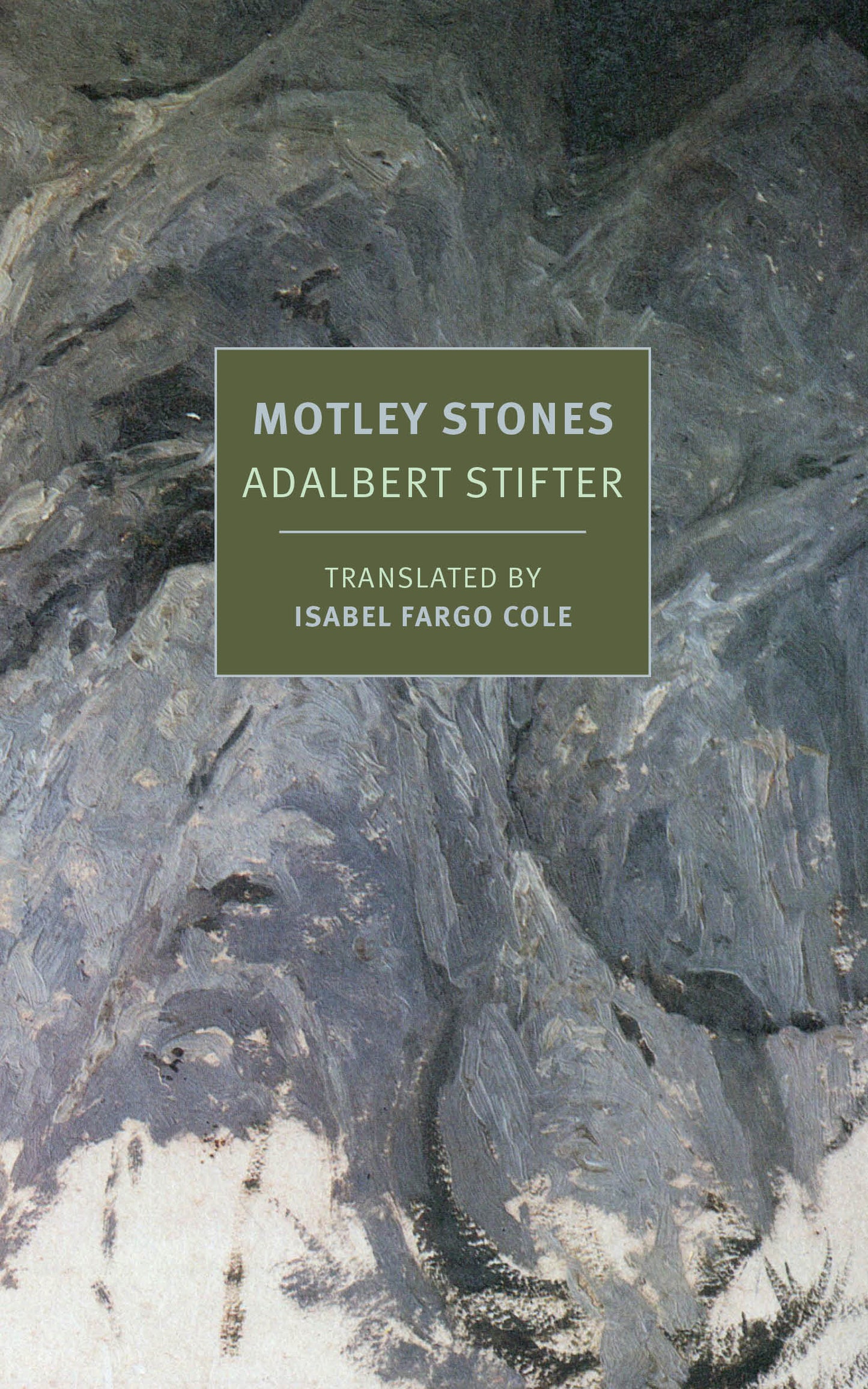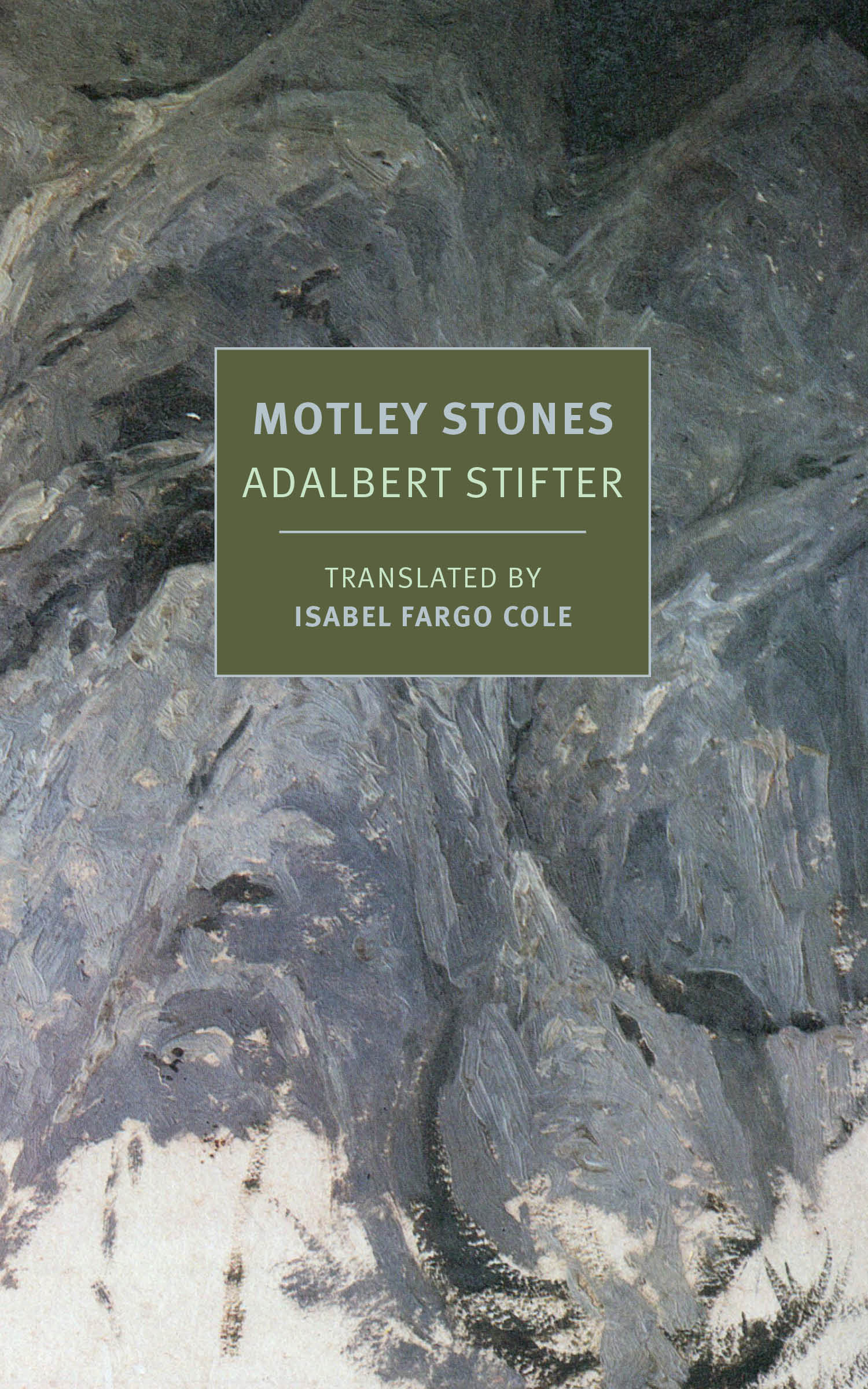For the fortunate reader about to discover him for the first time, Isabel Fargo Coles’s new translation from the German deftly captures the strange rhythm and flow of Stifter’s telling. . . the world of Stifter’s prose feels eternal and elemental, much like the stones the stories are named for . . . Each walk or journey passes landmarks that lead us to understand how the past is present in the narrative. . . . Motley Stones feels like a new kind of environmental writing.
—Barbara Roether, Rain Taxi Review
The work of Adalbert Stifter, who was one of the very few great novelists in German literature, can be compared to no other writer of the nineteenth century in pure happiness, wisdom, and beauty. . . . Stifter became the greatest landscape-painter in literature . . . someone who possesses the magic wand to transform all visible things into words and all visible movements—into sentences.
—Hannah Arendt
More and more I admired this simple spirit that gazes out so purely at the world’s phenomena. Things, often very strange things, often very perilous, enter [Stifter’s] awareness as though it were the light of a lamp and are calmed for a while, as though hearing music.
—Rainer Maria Rilke
[Stifter’s] vision of the world is largely the result of a disregard for literary convention that places human experience at the center of everything, anticipating contemporary calls for an ecological literature that recognizes Nature—what critic Amitav Ghosh calls 'nonhuman presences'—as an equal part of the Reality that novelists seek to represent. . . . The collective result is like a map to a particular literary sensibility, a worldview in which storytelling is at the center of humanity, but humanity is not the center of the world.
—Martin Riker, The Wall Street Journal
As you finish one of these stories you might have the sensation that you’ve awakened abruptly in unfamiliar territory, far afield from where you thought you were headed, and that while you were busy reading, something was done to you—that, for instance, you were implanted with some device that resonates to the frequencies of the cosmos. . . The word that comes irrepressibly to mind regarding Motley Stones is ‘sublime,’ in its now rather archaic sense that encompasses vastness and violence as well as extreme beauty.
—Deborah Eisenberg, The New York Review of Books
It is uncanny to revisit [Stifter’s] writings at a time when vast parts of the earth are turning uninhabitable. His unease about a disappearing world echoes our own, as does his denial about the onrushing future. . . . His fiction in fact reveals, with great subtlety, the ways in which our sense of self is mediated by our surroundings. Natural phenomena are not simply metaphors in his stories, though they serve a dramatic purpose. Rather, they are the medium through which people come to know their convictions—or confront their utter confusion.
—Ratik Asokan, The Nation






